Kathy Garvin
Dear Writing World,
I’m so happy to report that I’m in a new relationship! Like all new relationships, it’s exciting, passionate, and like nothing I’ve ever experienced. We met at Converse College in the Low Residency MFA Creative Writing Program. She’s creative, funny, and honest. She’s also intelligent, supportive, analytical and trustworthy. Unlike some other relationships I’ve been in, we’ve mutually agreed on some high standards to which we hold ourselves accountable and she’s not afraid to tell me directly if I’ve fallen short of meeting any one of them. Who is this alluring crackerjack? She’s my writing partner! We’ve been seeing each other now on a regular basis since our first semester.
In his memoir On Writing, Stephen King suggests that if you’re a beginner, you should “take your story through at least two drafts; the one you do with the study door closed and the one you do with it open.” In other words, write one draft on your own, then open the door and let your first reader in. I will not question the process of one of the world’s most prolific writers, but I will say this: For a beginning writer, numbering distinct drafts is a subjective science. And it is difficult for the beginning writer to decide who to invite first through the door once it is opened.
Should it be my mother who, in equal doses, either hates or loves anything I’ve ever done in my whole life? Should it be my husband whose future ability to pay our mortgage, send our kids to college, and feed ourselves in our old age seem to hinge on my ability to write and teach for a living? Should it be that soulful looking artsy guy at the coffee shop downtown? The one who has a hole in his earlobe big enough for me to watch the sunset through it? At least two out of three of these people are intelligent, supportive, trustworthy, and love me unconditionally (bonus!), but they are not my ideal first readers.
My writing partner, on the other hand, is perfect. She’s well-read, sensitive, and experienced in critical analysis. Not only that, but she’s an artist, so naturally she understands some things that simply cannot be articulated. Perhaps most importantly, our chief shared interests are our deep love for reading and writing and our investment in each other’s success. I look forward to seeing my name in the acknowledgments section of her first novel, and I know she looks forward to the same from me.
Sometimes I send her half-baked utterances about a creepy, recluse named Rita who accidentally turns into fun-loving Cheryl before the last few paragraphs of the piece. But what is at the barely beating heart of the work is Rita/Cheryl’s affection for John, the married, cat-loving, Veteran suffering post-traumatic stress and living next door to her. And because my writing partner is accustomed to critically analyzing literary (and not-so-literary) work, she identifies that. Regardless of the condition of the work I send her, one thing is guaranteed. Her feedback revitalizes the work, helping me develop it significantly more than I would have been able to do on my own.
So beginning writers, I urge you, if you haven’t done so already, start a relationship! Get a writing partner. Open yourself up and commit. Let them see your messy, vulnerable side, the one that leaves dirty clothes on the bathroom floor and is secretly afraid of dolls. The one who is so desperate to get her story onto the page that she’ll try, say or write anything.
Below I’ve listed the four fundamental elements of our writing partnership and what seems to make it work so well. I hope it will help you in finding the same.
Investment – Like any true partnership, you must be invested in each other’s success. Select another writer and open the door for them to review a not-so-final piece of work of yours. It will grow exponentially, beyond anything you were able to originally foresee. As a result, you will write better than you ever imagined, because you are not relying solely on your own imagination. Know that your partner will benefit from you in the same way. You will both bring significant sacrifices, contributions, and feelings to the work; therefore you will naturally and gratefully share in each other’s success.
Honesty – When you trust that you have each other’s best interests in mind, in this case producing the best writing each of you can, each partner is free to be honest without worrying about hurting the other one’s feelings. Giving and receiving direct, honest criticism improves the work of both partners by giving you new insight and challenging you to higher standards of craft. Also, being criticized in a safe, trusting relationship such as a writing partnership will prepare you for the criticism that will certainly come in workshops and in the published world.
Respect – Respect is paramount in every sustainable relationship, especially a writing partnership. Because you are both writers, there is an unspoken understanding that what you are reviewing is another’s art. It is a treasured, precious gift, and it should be handled accordingly. I am not suggesting you should tread lightly with one another (see Honesty above), but you should tread respectfully. Ultimately, every decision is the author’s decision. Also, you may want to articulate any limitations you may have time wise and agree to respect them unconditionally. In other words, understand when the manuscript you emailed at 10pm on Friday night will not be read until Sunday, whatever the reason.
Commitment – Plan to meet routinely and hold each other accountable. For example, my writing partner and I try to meet one week before one of our packet deadlines. We set the date and we keep it. We’ve met online, over the phone, and best of all, in person to read, review, and discuss each other’s work.
I hope that each and every one of you find your perfect writing partner and that you will spend years together developing your work and celebrating your inevitable successes. I cannot wait to hear about them all.
Truly yours,
Kathy
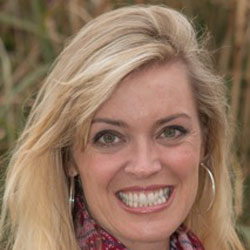 Kathy Garvin studies fiction in her second semester of Converse College’s MFA Program. Currently, she teaches adult reading and writing to ESOL students through the Greenville Literacy Association and is a grant writer for the Yvette W. Ferris Foundation. She lives in Greenville, SC, with her husband Jonathan and their three children, three cats, and three chickens.
Kathy Garvin studies fiction in her second semester of Converse College’s MFA Program. Currently, she teaches adult reading and writing to ESOL students through the Greenville Literacy Association and is a grant writer for the Yvette W. Ferris Foundation. She lives in Greenville, SC, with her husband Jonathan and their three children, three cats, and three chickens.
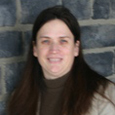 Cheryl Russell received her MFA from Converse in 2013. Her work has appeared in Infuze, Title Trakk, Focus on Fiction, The Storyteller, Ruminate, and Rose and Thorn. She currently teaches at Malone University. She resides in Ohio with her family, but they would all rather live in one of their favorite vacation spots, Alaska. Read more of her blog posts at whythewritingworks.com.
Cheryl Russell received her MFA from Converse in 2013. Her work has appeared in Infuze, Title Trakk, Focus on Fiction, The Storyteller, Ruminate, and Rose and Thorn. She currently teaches at Malone University. She resides in Ohio with her family, but they would all rather live in one of their favorite vacation spots, Alaska. Read more of her blog posts at whythewritingworks.com.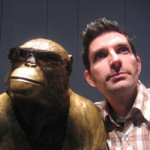



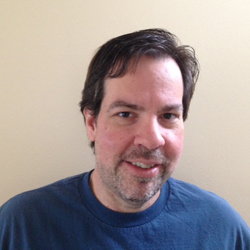

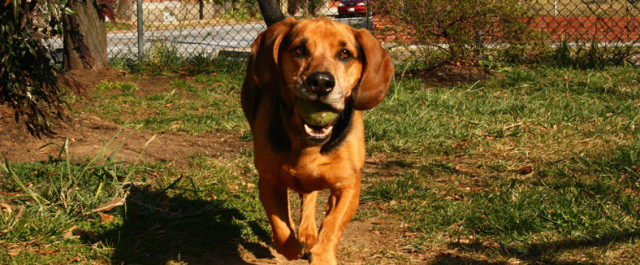


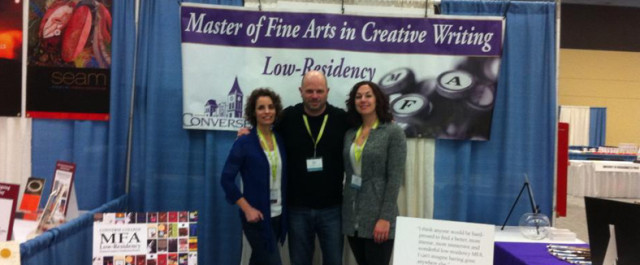


 Scott Laughlin teaches English at San Francisco University High School and is co-founder and Associate Director of
Scott Laughlin teaches English at San Francisco University High School and is co-founder and Associate Director of